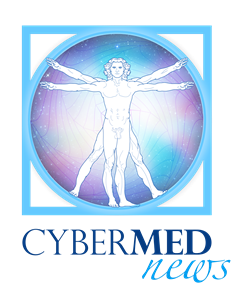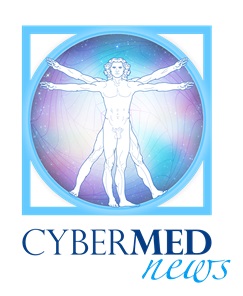 Share on Facebook
Share on Facebook
Modulation of microenvironment acidity reverses anergy in human and murine tumor-infiltrating T lymphocytes.
Abstract
Stimulating the effector functions of tumor-infiltrating T lymphocytes (TIL) in primary and metastatic tumors could improve active and adoptive T-cell therapies for cancer. Abnormal glycolysis, high lactic acid production, proton accumulation, and a reversed intra-extracellular pH gradient are thought to help render tumor microenvironments hostile to roving immune cells. However, there is little knowledge about how acidic microenvironments affect T-cell immunity. Here, we report that lowering the environmental pH to values that characterize tumor masses (pH 6-6.5) was sufficient to establish an anergic state in human and mouse tumor-specific CD8(+) T lymphocytes. This state was characterized by impairment of cytolytic activity and cytokine secretion, reduced expression of IL-2R? (CD25) and T-cell receptors (TCR), and diminished activation of STAT5 and extracellular signal-regulated kinase (ERK) after TCR activation. In contrast, buffering pH at physiologic values completely restored all these metrics of T-cell function. Systemic treatment of B16-OVA-bearing mice with proton pump inhibitors (PPI) significantly increased the therapeutic efficacy of both active and adoptive immunotherapy. Our findings show that acidification of the tumor microenvironment acts as mechanism of immune escape. Furthermore, they illustrate the potential of PPIs to safely correct T-cell dysfunction and improve the efficacy of T-cell-based cancer treatments.
https://www.ncbi.nlm.nih.gov/pubmed/22593198




